Keywords: Corporations
There are more than 200 results, only the first 200 are displayed here.
-
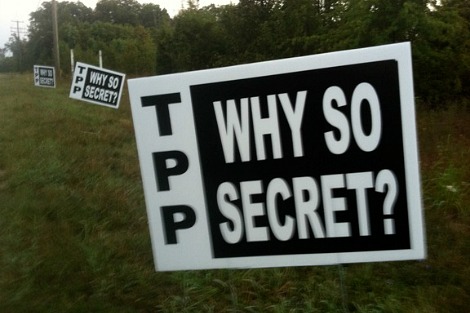
AUSTRALIA
- Binoy Kampmark
- 07 October 2015
3 Comments
According to WikiLeaks, the Trans-Pacific Partnership is the 'icebreaker agreement' for what will be a 'T-treaty triad' which will ultimately apply to 53 states, 1.6 billion people and two-thirds of the global economy. Each of the countries was being sold the implausible idea that the agreement was too large not to sign, that this was the train of history that needed to be occupied, even if seating was in third class. What was on sale, however, was a dogma of corporate benefit rather than public welfare.
READ MORE 
-
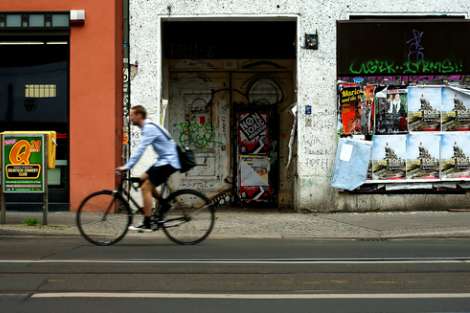
AUSTRALIA
- Cam Hassard
- 21 August 2015
17 Comments
After almost two years living abroad in Germany, I have observed a stark difference in how European societies strike a balance between legislative oversight and individual freedom. More or less anything is tolerated here, as long as you respect the rights and freedoms of others. Tolerance and 'least intervention' thrive on personal responsibility and eschew knee-jerk intervention.
READ MORE 
-

ECONOMICS
- Lucas Smith
- 14 August 2015
4 Comments
G. K. Chesterton said that 'too much capitalism does not mean too many capitalists, but too few capitalists'. In our young century, we have lost capitalists, and wealth has coagulated to a seemingly smaller and smaller number of financiers, oligarchs and corporations. The stock market is where entrenched wealth is kept and made. An industry-shattering share-trading app is set to help deepen our pool of capitalists.
READ MORE 
-
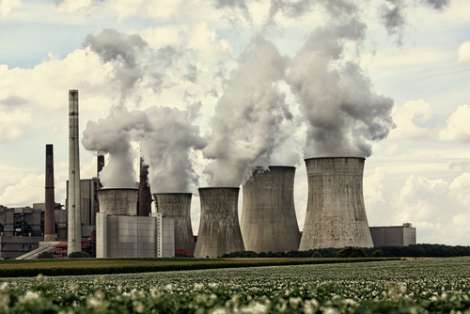
AUSTRALIA
- Andrew Hamilton
- 27 July 2015
15 Comments
The Federal Government's ethical argument for coal is that it is the most readily available and cheapest resource for generating electricity for the development of poorer countries. The structure of this argument based on our duty to the poor is significant. It assumes that governments, mining companies, banks and the people who invest in them a duty to consider the effects of their actions on people both in their own nations and in other nations.
READ MORE 
-
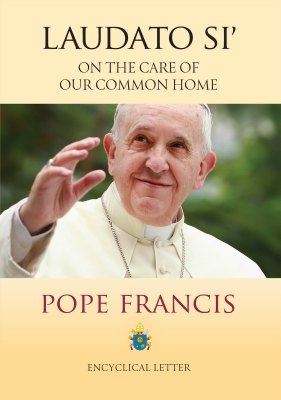
RELIGION
- Neil Ormerod
- 15 July 2015
29 Comments
It is not surprising that The Australian should be leading the local pushback on the environmental encyclical Laudato Si'. What is surprising is that a Catholic priest - Fr James Grant - should be joining the chorus against the encyclical, initially in an IPA media release. His more recent contribution to The Australian is right out of the briefing notes supplied by the coal industry in its global public relations efforts to shore up its waning reputation.
READ MORE 
-
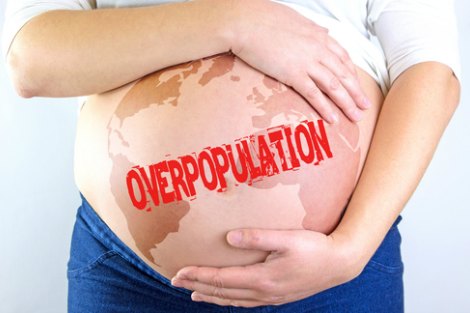
AUSTRALIA
- Andrew Hamilton
- 25 June 2015
23 Comments
In his recent encyclical, Pope Francis demands that, in addressing the needs of the environment, wealthy nations must reform an economic system that perpetuates poverty in the underdeveloped world. In seeking a conversion of heart on the part of those who are wealthy, he sees imposing artificial population control on the world's poor as a thoroughly unfair and unconverted attitude. The real problem is the greed of the rich, not the inability of the poor to control their fertility.
READ MORE 
-
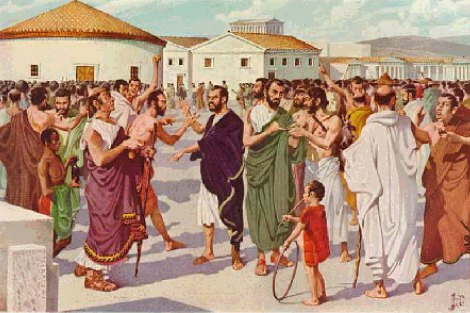
AUSTRALIA
- Andrew Hamilton
- 15 June 2015
12 Comments
In ancient Greece the relative merits of autocracy, oligarchy and democracy as a framework for wise governance were widely discussed. But the dreaded elephant in the room was always ochlocracy — mob rule. Populism has shades of the triumph of the mob over the wisdom that, say, a philosopher king might provide. The development of representative democracy can be seen as the simultaneous taming and incorporation of the mob into governance.
READ MORE 
-

AUSTRALIA
- Michael Mullins
- 13 April 2015
10 Comments
Francis is always ready to criticise unbridled capitalism, but he makes a point of not shaming particular tax dodgers or profiteers. Targeting individuals has become a thing in the age of social media, but those who are left alone are more likely to come forward and join the public conversation. Warren Buffett, one of the world's richest persons, did this when he declared that he paid less tax than his employees, and that he and his wealthy friends have been 'coddled long enough by a billionaire-friendly Congress'.
READ MORE 
-

- Elenie Poulos
- 02 April 2015
4 Comments
Humans have always pursued wealth and the power it affords, but only relatively recently has the world itself become organised around the service of that wealth. The systems and structures which define the way our world works are financial, geared to the making of profit. They are global and buoyed by governments whose domestic and foreign policies ensure their support. ‘Social good’ and the ‘common good’ are assumed to be economic neoliberalism, and what’s in the ‘public interest’ is whatever advances the neoliberal economic agenda.
READ MORE
-

AUSTRALIA
- Michael Mullins
- 30 March 2015
4 Comments
Netflix and the Daily Mail are not concerned about whether people in a local area get safer roads or a new cancer treatment centre. Nor, it seems, are Fairfax and Newscorp. There was a time when nearly all media outlets were independent of each other, and locally owned by proprietors who cared as much about the welfare of their regions and cities as they did their own bottom line.
READ MORE 
-
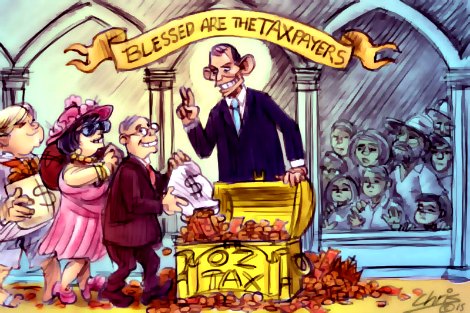
AUSTRALIA
- Neil Ormerod
- 16 March 2015
39 Comments
In relation to the future of remote Aboriginal communities in WA, the Prime Minister said: 'It is not the job of the taxpayer to subsidise particular lifestyle choices.' The statement raises this question: on whose behalf does the government govern? The logical response is: the taxpayer. We must then ask whether it works on a sliding scale – the more tax you pay, the more the government attends to your needs.
READ MORE 
-
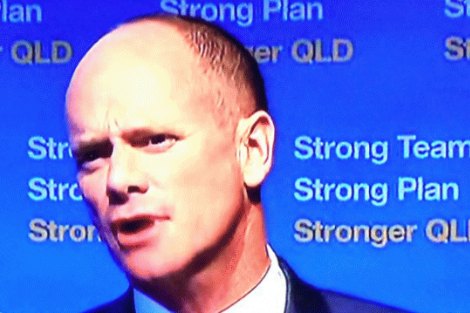
AUSTRALIA
- Andrew Hamilton
- 12 February 2015
19 Comments
Tony Abbott and Campbell Newman prided themselves on strong leadership. They assumed voters would think the country was in good hands if it was ruled by a strong-willed leader who gives priority to pushing through programs rather than signalling, explaining and defending them. A more effective way forward in politics could be to forget slogans and will-power and instead give priority to communication and action that is based on reason.
READ MORE 